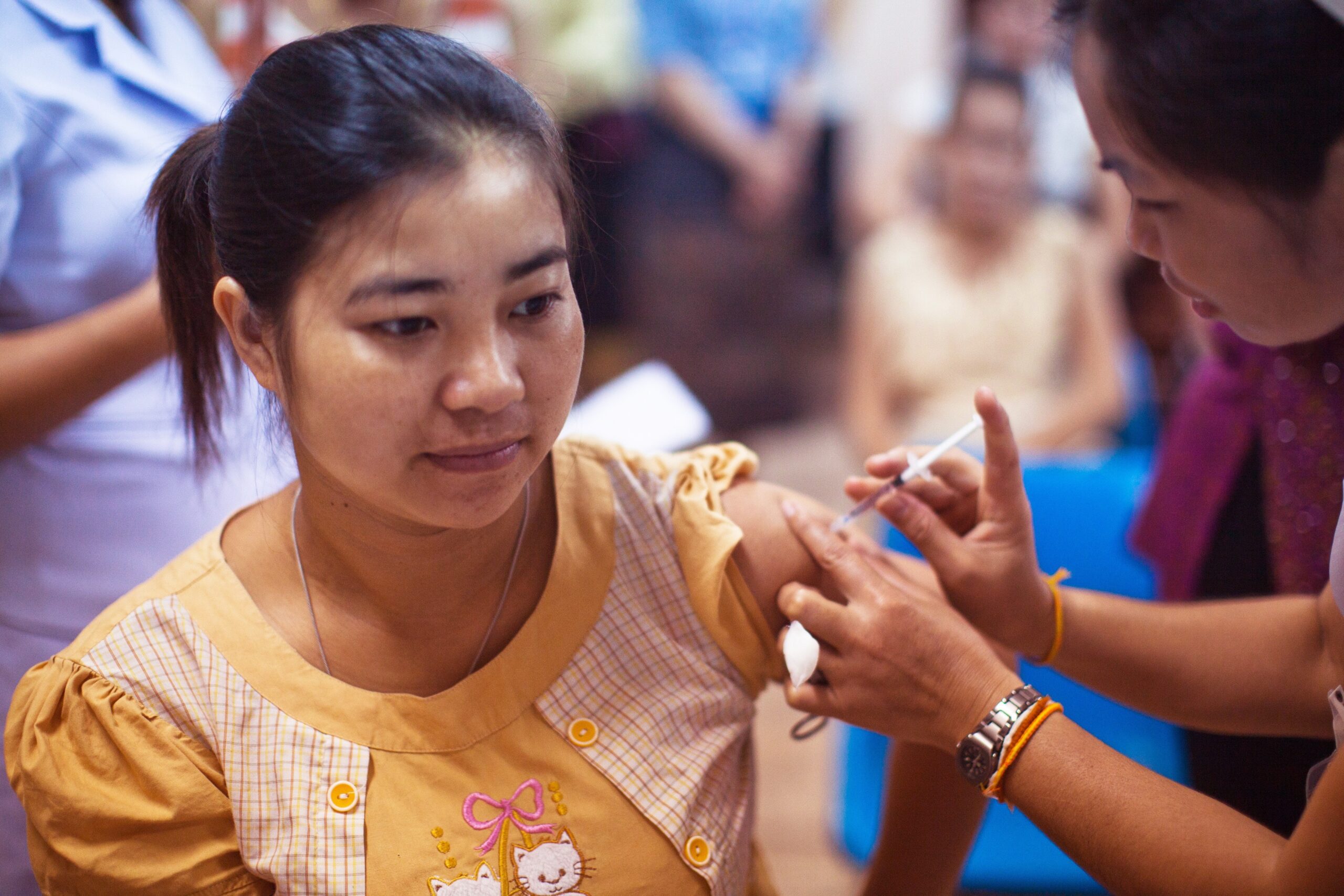Unleashing Your Defense: A Guide to Preventing Chickenpox

Chickenpox, also known as varicella, is a highly contagious viral infection that primarily affects children but can occur in individuals of all ages. While most cases of chickenpox are mild, it’s essential to take preventive measures to protect yourself and your loved ones from this infectious disease. In this comprehensive article, we will explore a range of strategies and practices that can help you prevent chickenpox and minimize its spread. By implementing these tips, you can reduce the risk of contracting chickenpox and promote overall well-being.
Understand Chickenpox:
Start by familiarizing yourself with chickenpox, its symptoms, and its mode of transmission. Chickenpox is caused by the varicella-zoster virus, which spreads through respiratory droplets or direct contact with fluid from the blisters of an infected individual. Knowing the signs of chickenpox allows you to take prompt action and minimize the risk of transmission.
Vaccination:
One of the most effective ways to prevent chickenpox is through vaccination. The varicella vaccine is safe, highly effective, and recommended for children and adults who have not had the disease or received the vaccine. Consult with your healthcare provider to ensure you and your family members are up to date on the chickenpox vaccine.
Practice Good Hygiene:
Good hygiene practices play a crucial role in preventing the spread of chickenpox. Encourage frequent handwashing with soap and water for at least 20 seconds, especially after coming into contact with an infected individual or their belongings. Teach children proper hand hygiene techniques to minimize the risk of transmission.
Avoid Contact with Infected Individuals:
If someone in your household or close circle is infected with chickenpox, it’s essential to limit contact to prevent the spread of the virus. Avoid direct contact with the infected person’s blisters, and discourage sharing personal items such as clothing, towels, or utensils. Implement isolation measures as advised by healthcare professionals.
Maintain a Clean Environment:
Regularly disinfect surfaces and objects that may come into contact with the virus, such as doorknobs, light switches, toys, and electronic devices. Use disinfectants effective against the varicella-zoster virus and follow the manufacturer’s instructions for proper use. A clean environment reduces the risk of transmission.
Cover Blisters:
If you or your child has chickenpox, cover the blisters with loose-fitting clothing or bandages. This prevents direct contact with the fluid-filled blisters, reduces the risk of secondary infection, and minimizes the chances of spreading the virus to others.
Boost Immune Health:
A strong immune system is essential in preventing and fighting off infections, including chickenpox. Maintain a healthy lifestyle by eating a balanced diet rich in fruits, vegetables, whole grains, and lean proteins. Engage in regular exercise, get enough sleep, and manage stress levels to support a robust immune system.
Educate Others:
Spread awareness about chickenpox and the importance of prevention. Share information with friends, family, and community members to ensure they understand the risks and preventive measures. Encourage vaccination and the adoption of healthy hygiene practices to reduce the overall incidence of chickenpox.
Prompt Medical Attention:
If you suspect you or your child has chickenpox, seek medical attention promptly. A healthcare professional can confirm the diagnosis, provide appropriate treatment, and offer guidance on how to manage symptoms and prevent complications.
Stay Informed:
Stay updated on any developments, recommendations, or guidelines related to chickenpox prevention. Regularly check reliable sources such as the Centers for Disease Control and Prevention (CDC) or local health authorities for the latest information on vaccination schedules, outbreaks, and preventive measures.
Preventing chickenpox requires a combination of vaccination, good hygiene practices, and informed decision-making. By following these comprehensive guidelines, you can minimize the risk of contracting chickenpox and protect yourself and your loved ones from this contagious disease. Stay vigilant, prioritize prevention, and promote a healthier and safer environment for everyone.

